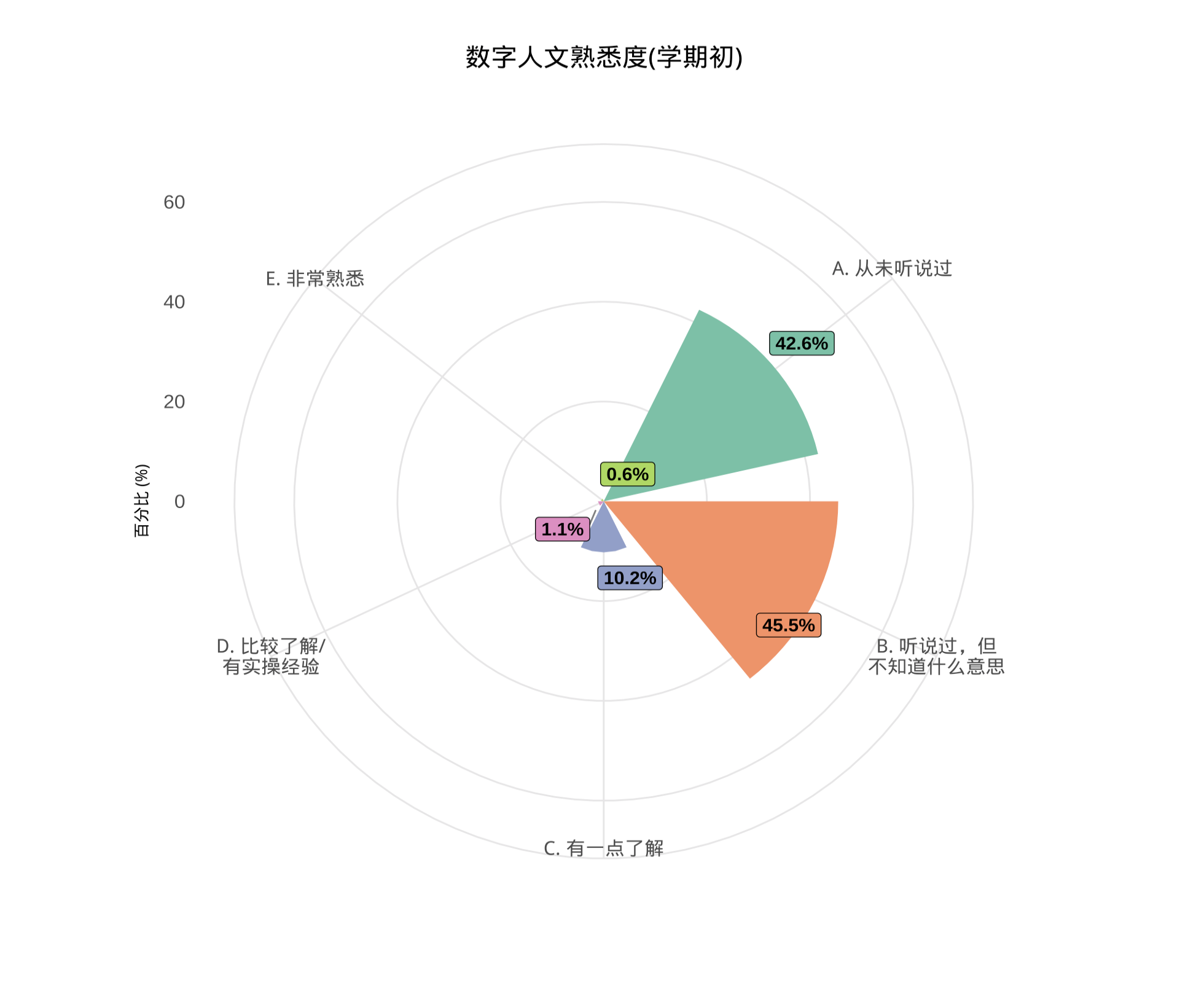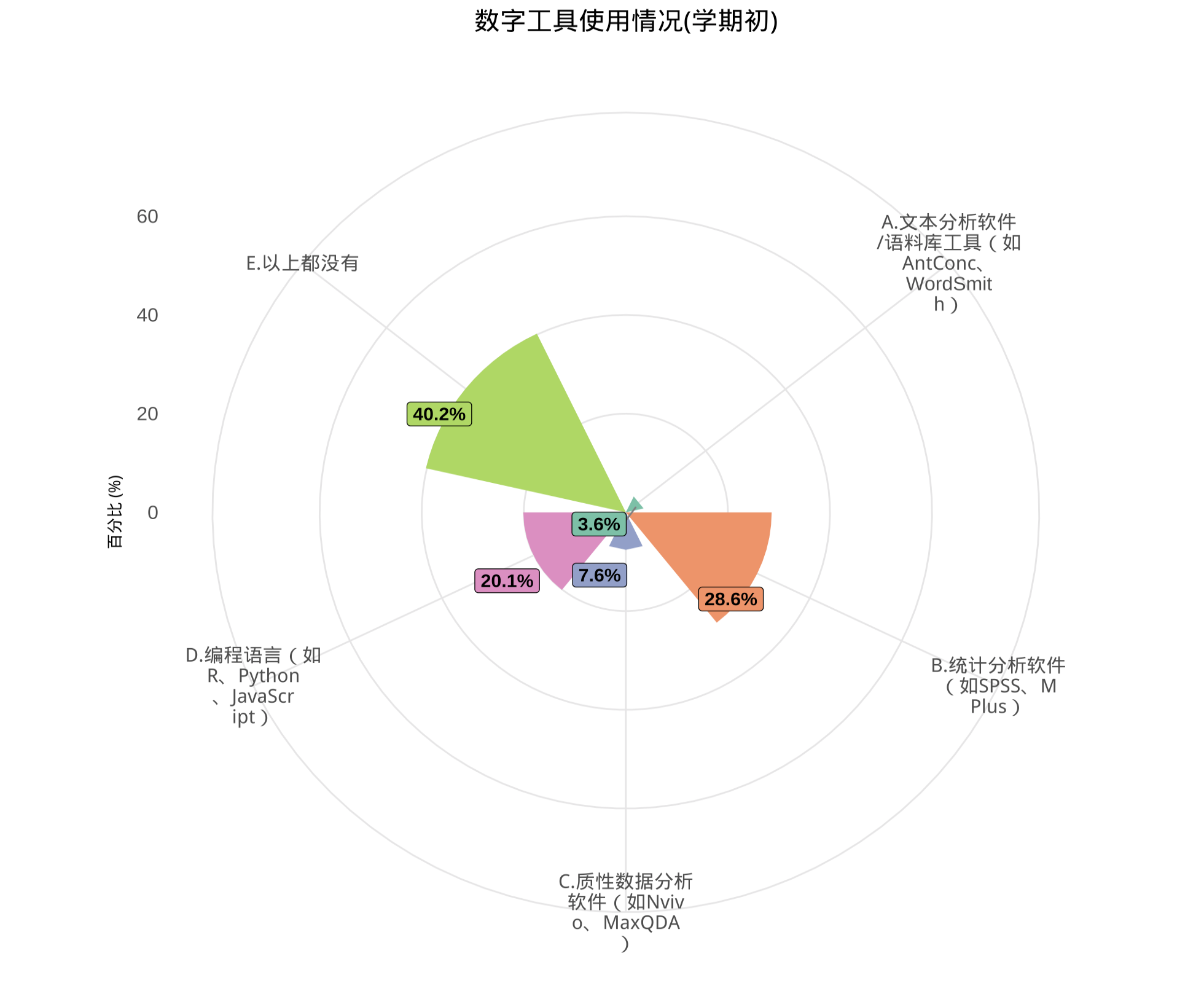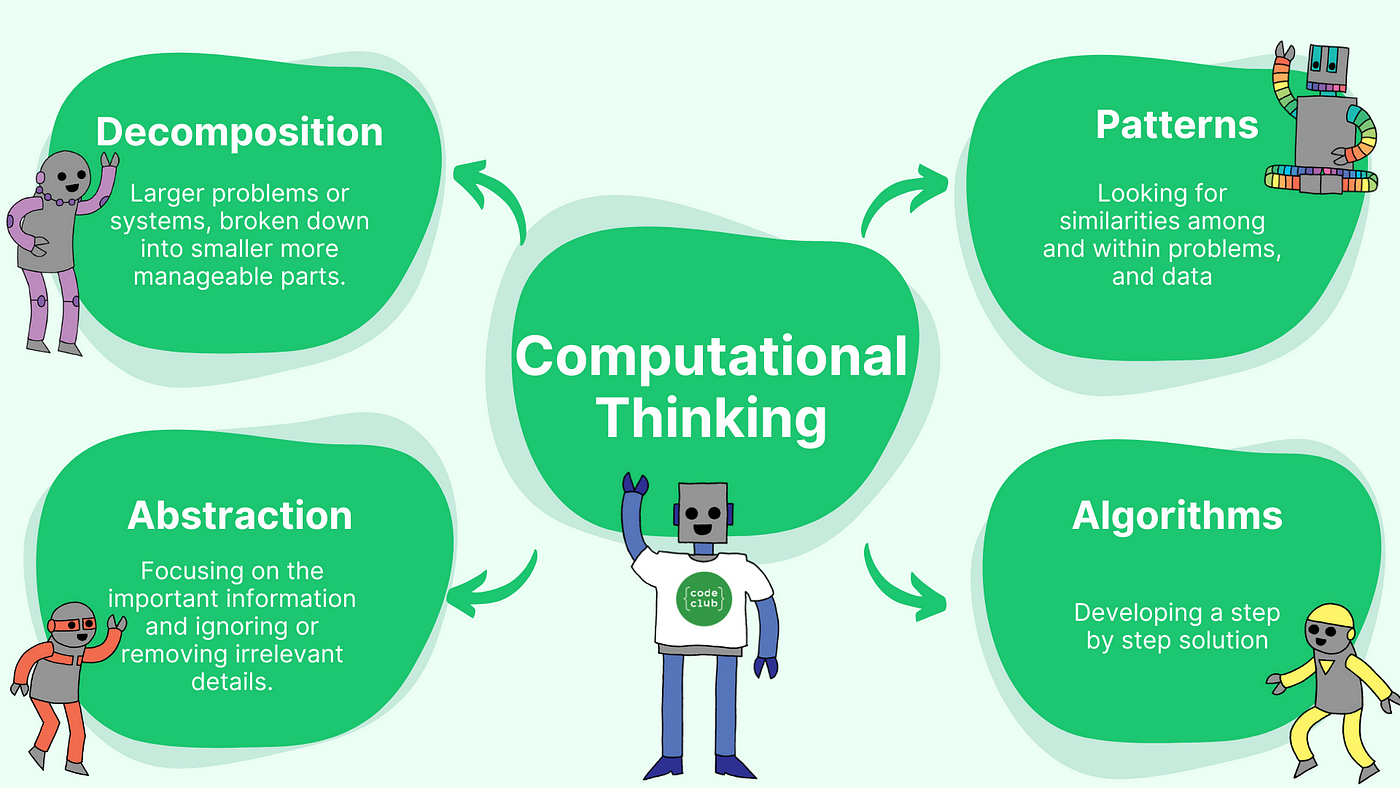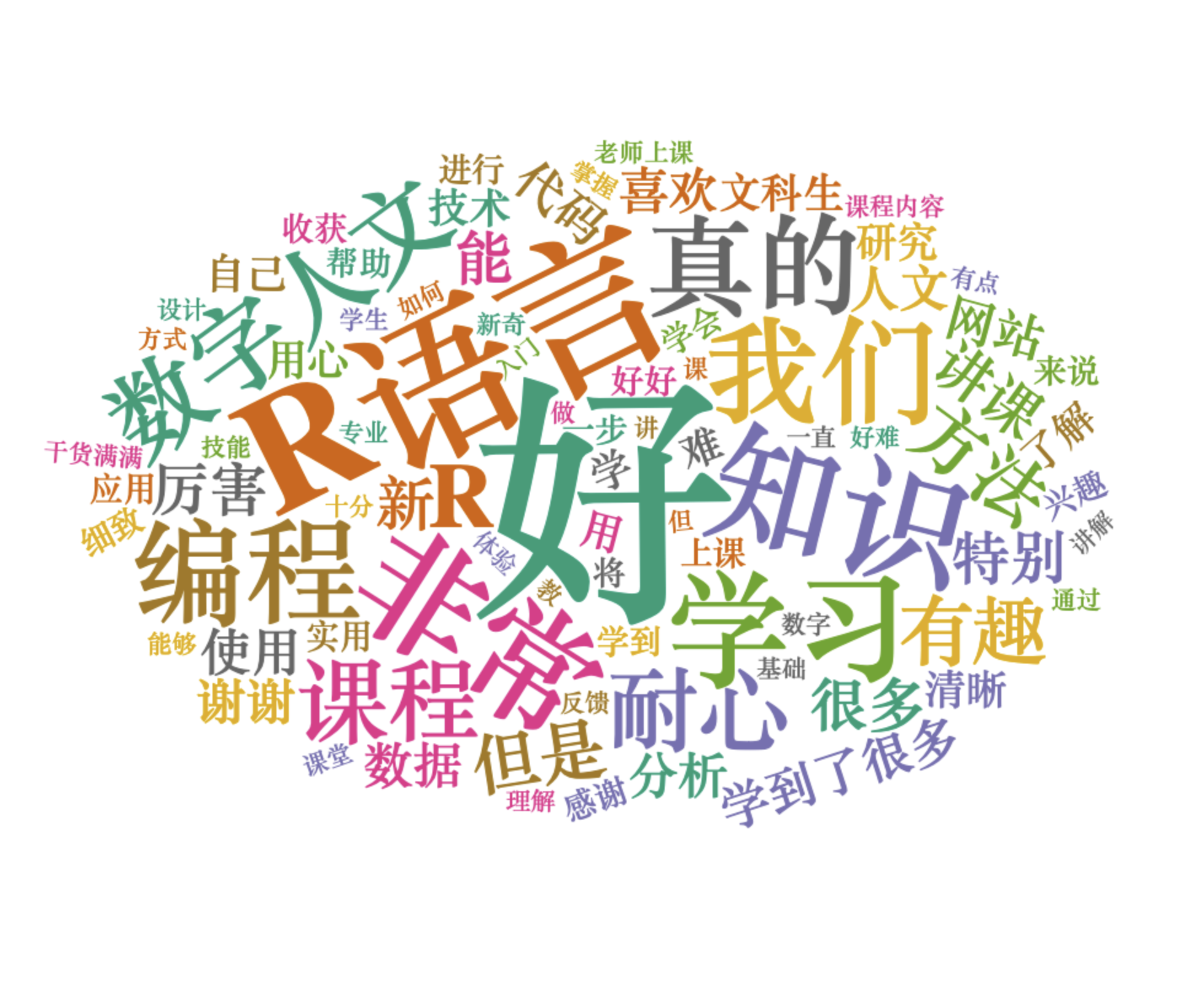§10 Beyond Just R
Why Learning How to Code and Think Computationally Matters in the AI Age
1 Course Review
1.1 Where We Started


1.2 Where We Have Been
At the beginning of the semester, I gave you a tour of the webiste. The website has grown as we progress in this journey. Let’s take a tour to see where we have been!

1.3 Where We Are Now
1.3.1 End of Term Reviews
 Note. Top terms such as “老师”,“刘老师”,“这门课” have been removed to avoid overshadowing the other words.
Note. Top terms such as “老师”,“刘老师”,“这门课” have been removed to avoid overshadowing the other words.
2 Beyond Just R
On Limiting Beliefs
As we wrap up our final class, I want to share something I feel strongly about, especially for students your age.
Think back to our first class. Many of you walked in thinking "coding isn't for me" or "I'm not a quantitative person." And I think there is a powerful lesson here that goes far beyond learning R.
Your Journey
Just a few months ago, most of you had never written a line of code. Now you're creating visualizations, analyzing texts, and understanding computational tools.
No, you haven't become programming experts - that was never the goal. What you have achieved is something far more valuable: proving that you can learn something that seemed impossible at first.
Beyond the Code
Yes, some of you may have felt the timing wasn't ideal - senior year, with countless other priorities. But here's something I've learned over the years: there's rarely a perfect time to start learning something new.
Sometimes, limiting beliefs about ourselves can lead us to close doors too soon. And sometimes, it's these structured or externally imposed challenges that push us over our comfort zone and help us discover possibilities that we didn't know we had. So the course was not just about learning R - it was about breaking through self-imposed limitations, with the help of external structure.
Why This Matters Now
In today's world, AI tools are transforming how we write, analyze, create, and think. Understanding computational thinking isn't just a technical skill - it's becoming the essential literacy for engaging with the world we live in today.
When you understand how these tools think and work, you can ask better questions, spot potential biases, and envision possibilities that others might miss.
The Humanities Advantage
As humanities students, you bring something crucial and unique to this computational world: deep understanding of human context, meaning, and values.
The most innovative work happens at the intersections. There are already many people who are specialized in technology; There are also many who are well-versed in humanities. What the world needs the most are actually people who can bridge different ways of thinking - humanistic and computational thinking.
Moving Forward
Whether you decide to pursue this further or not is entirely up to you. What matters is that you've proven you can grasp new ways of thinking, and you now understand how computation can shape our world.
You've opened a door that many humanities students never get to open. In an age where AI is reshaping how we create and understand meaning, this perspective will be invaluable no matter what path you choose.